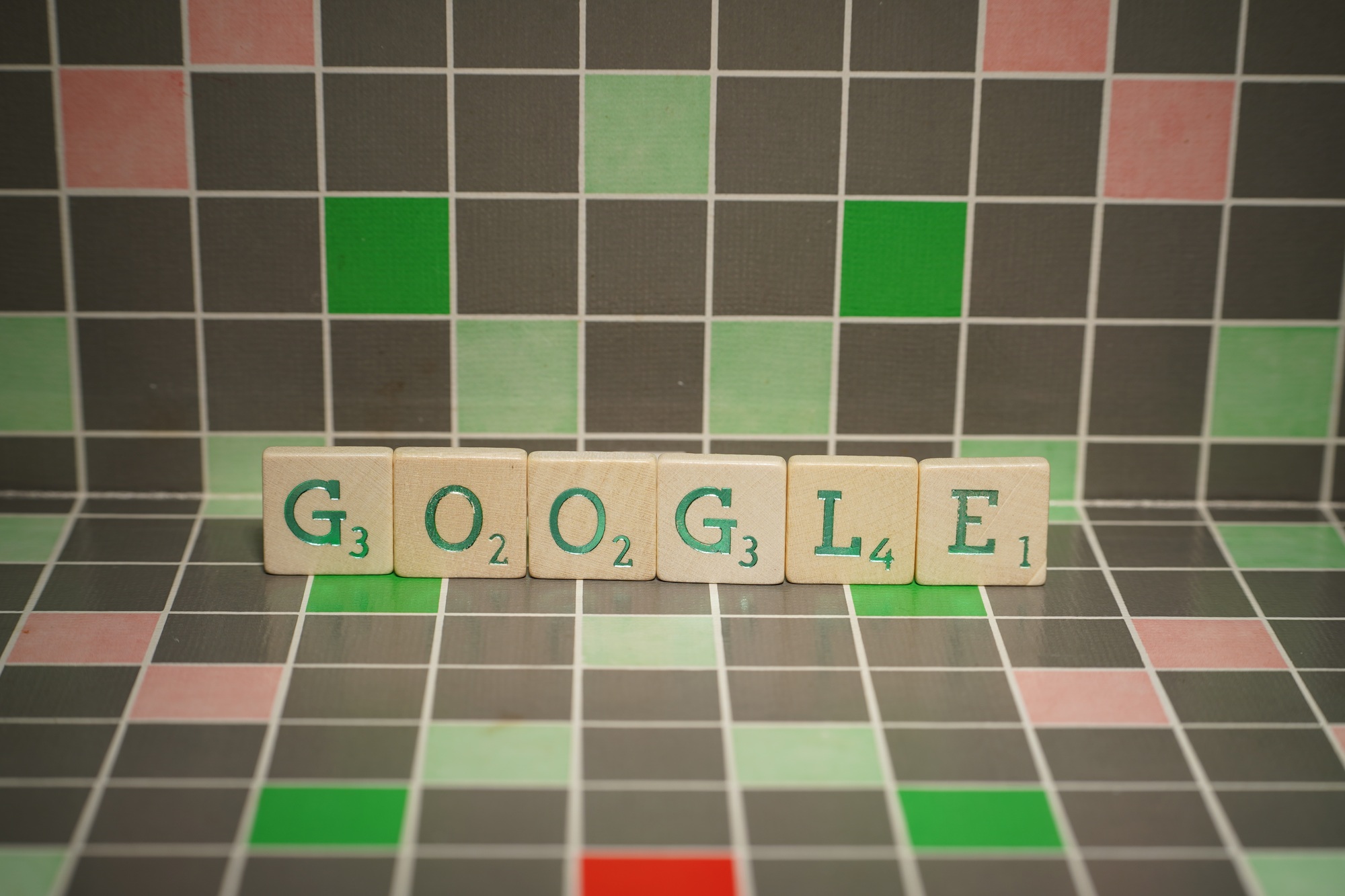Sundar Pichai, the CEO of Google’s parent company Alphabet, recently shared his thoughts on the future of artificial intelligence (AI) at the New York Times DealBook Summit. As one of the most influential leaders in tech, Pichai highlighted how AI is reshaping the world and what it means for our future. Let’s break it down in a way that’s easy to understand.

What is AI and How is Google Using It?
AI, or artificial intelligence, is the technology behind things like voice assistants, recommendation systems, and even self-driving cars. For Google, AI isn’t just another tool—it’s becoming the backbone of everything they do.
Here are some examples of how Google is using AI:
- Search Enhancements: When you Google something, AI helps improve the results to make them more accurate and personalized.
- Healthcare Advances: Google’s AI tools can detect diseases like diabetic retinopathy and even predict certain cancers early.
- Everyday Tools: Apps like Google Maps and Google Translate are smarter and more helpful because of AI.
Pichai explained that Google is focused on making AI useful for everyone, not just tech enthusiasts or big businesses.
Why Does AI Come With Big Challenges?
While AI has exciting possibilities, it also comes with some risks. Pichai outlined these concerns in simple terms:
- Bias in AI: Sometimes AI can reflect unfair biases from the data it’s trained on. Google is working hard to make sure its systems are fair and unbiased.
- Job Disruption: AI automation might replace some jobs, so it’s crucial to prepare workers with new skills.
- Misinformation: AI could be misused to create deepfakes or spread false information online.
Google says it’s working on solutions to tackle these issues while keeping innovation alive.
What’s Google’s Plan for Responsible AI?
Sundar Pichai emphasized that AI should be developed responsibly. Here are the key steps Google is taking:
- Transparency: They’re making AI systems easier to understand so people know how decisions are made.
- Collaboration: Google is teaming up with governments and other companies to set ethical rules for AI.
- Privacy Protections: Your data stays private when you use Google’s AI tools, thanks to their strict policies.
He also pointed out that AI can solve some of the world’s toughest problems, like helping fight climate change or improving global healthcare.

FAQs About Google and AI
1. How is Google different from other AI companies like OpenAI?
Google focuses on adding AI to products people already use, like Search, Maps, and Gmail. Companies like OpenAI specialize in creating AI models like ChatGPT. Google’s approach is about practical, everyday solutions.
2. What is Sundar Pichai’s biggest concern about AI?
Pichai is most worried about AI being misused, like spreading fake news or creating harmful content. He believes regulation and global cooperation are essential to keep AI safe.
3. How does AI help students like us?
Google’s AI tools like Google Lens, Google Translate, and even search suggestions can make studying easier by finding information faster and breaking down complex topics.
Conclusion: Why AI Matters to You
AI is more than just tech buzz—it’s a tool that’s transforming the way we live, learn, and work. Sundar Pichai’s vision for AI shows that while the future of this technology is bright, it also requires careful planning and responsibility. Whether it’s making your Google searches smarter or helping solve big global issues, AI is shaping the new world we live in—and you’re a part of it.
Sources The New York Times


